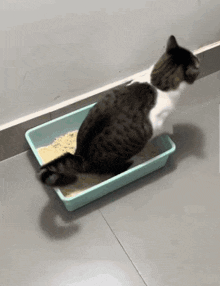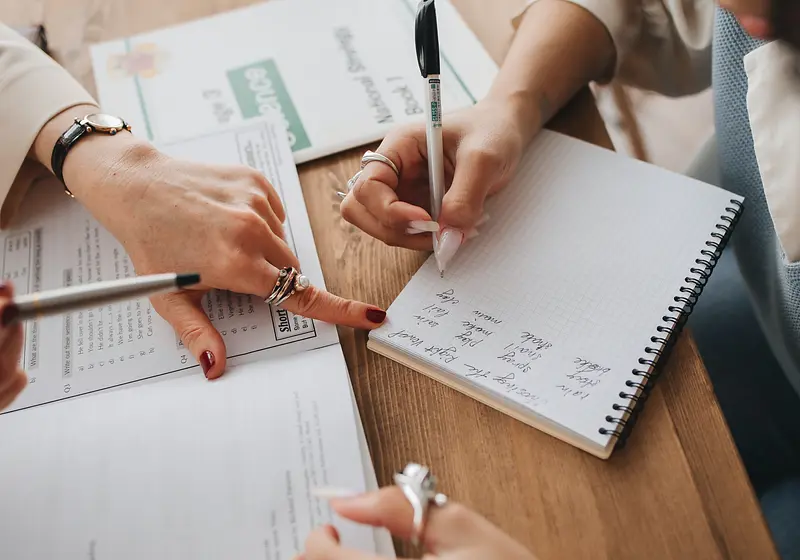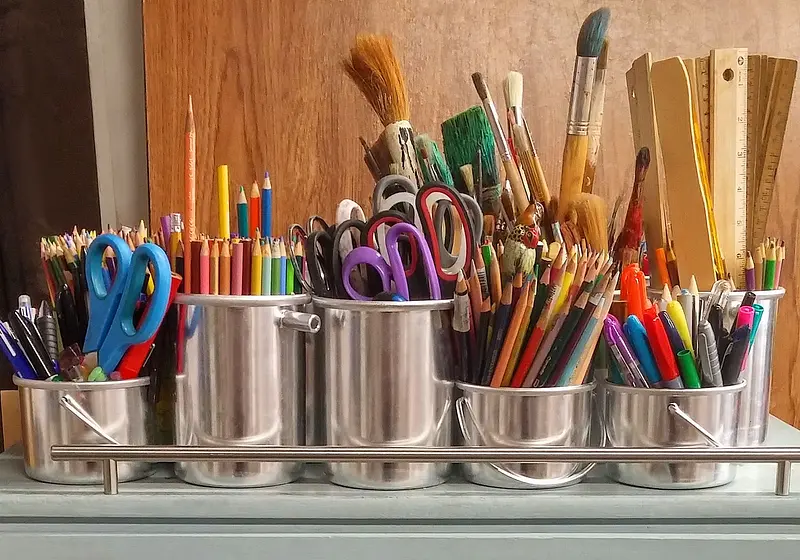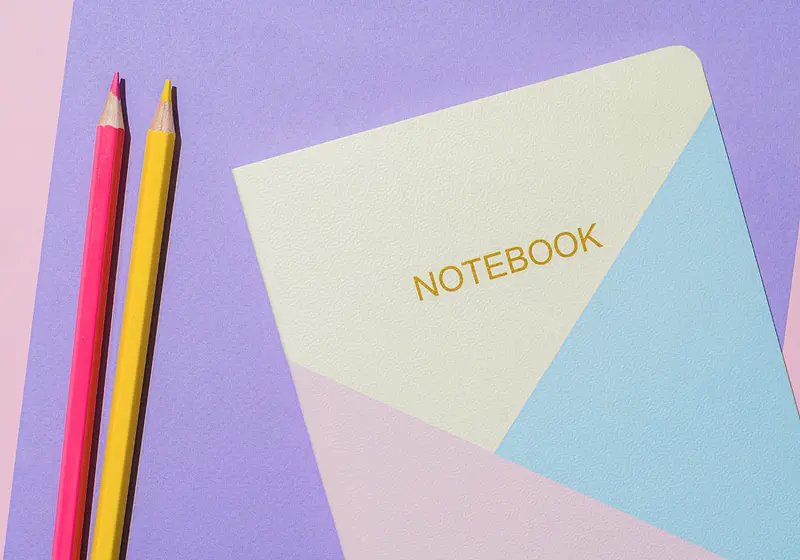Is there someone––perhaps your table partner, friend, or crush––who takes perfect notes in class? Maybe it’s their neat handwriting, washi tape, or two pencil pouches overflowing with colorful pens that make up their recipe for success. Whatever it may be, don't let their notes make you feel like you are behind or a worse student.
Good notes ≠ good grades. Everyone learns and studies differently. But if you want to try to level-up your notes to help yourself improve, you're in the right place. Read on for 5 effective note-taking tips!
Let us slide into your dms 🥰
Get notified of top trending articles like this one every week! (we won't spam you)1. Keep Notes in One Place
The key to having neat, effective notes is to keep them organized. For each subject/class, decide whether you want to take digital or handwritten notes. To minimize the chances of regretting your decision and later switching to the other form, consider the following:
- The teacher’s teaching style (ie: digital notes will be more efficient for fast-paced classes)
- Course content (ie: if you learn a lot of complex graphs, digital notes will be more efficient because you can just screenshot/paste the graphs)
- Given materials (ie: PowerPoints, study guides, open-note quizzes)
- Distraction (ie: will using your iPad in class become a distraction?)
Teachers teach differently and classes follow unique structures, so again, I suggest you consider the above for each subject you take! Only within a subject, try your best to keep the notes uniform/in one place so when you study for an exam, you’ll know exactly where to find all your notes.
If you decide to HANDWRITE your notes, be sure you have just the right amount of supplies you need. Remember that overemphasizing "neat = good" can lead you to adopt a perfectionist mindset, which can make taking notes less productive. Don't overload on fancy highlighters and cute sticky notes, but make sure you have a few colored pens, working highlighters, and whiteout to begin with. A few days into the class, you can add/take out supplies as needed.
If you decide to take DIGITAL notes, it’s now time to choose an app! For note-taking apps, I recommend popular ones like Goodnotes and Notability, both of which you can type and write notes. If you're looking for a free option, OneNote, Google Docs, and Pages are also adequate, and they save your version histories.
Beware, the simple Notes app is not recommended! I have a friend who uses Notes for her physics class, but accidentally erased all the content on that document. Because the note itself was not deleted, she couldn't recover her notes from "recently deleted."
Take the Quiz: What Type of Notes Should I Take?
Discover the best note-taking method for your learning style!
2. Use Color
Multiple studies, including a research conducted by the University of North Carolina at Chapel Hill, have proven that handwriting notes can help us learn. The results reflect on me, as even when I take digital notes for more efficiency, I prefer to handwrite them in an app. Despite that, there’s an easy way to make both handwritten and digital notes more organized and effective: colors.
Color-coding your notes can help you identify definitions and key terms immediately when you study. For example, if you have an upcoming Spanish vocabulary quiz, your notes can save you a lot of time when your eyes are only looking for the green highlights that group all Unit 3 terms. If you want to do a rapid review minutes before a test, the notes with a star next to them will lead you right to the most important information.
3. Customize for yourself
Your notes are for you, so don’t feel pressured to make them follow a table of contents or be perfectly understandable by your classmates. In fact, doesn’t this protect you from giving your notes to someone who is too lazy to write their own?
Make sure you know that green highlights = vocabulary, underline = important dates, the abbreviation “gov” = government, etc. A few of my friends prefer to color code their notes by units (ie: pink for Unit 1, orange for Unit 2, etc.) and it really works for them. One friend of mine is absolutely obsessed with stickers and washi tape (which are sadly unproductive/distracting for me) but she has become so quick and skilled at using them that it doesn’t slow her down a bit in class. She says “pretty notes give [her] motivation to study,” which I agree with!
As an artist, I like to add small doodles to my notes that help me visualize and encode the concept into my memory. All in all, don’t hesitate to personalize your notes to make them help YOU in the best way they can.
4. Preview and Review
As students, we have probably all experienced the time when the teacher is cruising through PowerPoints and someone is still calmly asking questions as you scramble to finish copying every word you see and hear into your notes (with a dying wrist). So is the teacher just being inconsiderate? Does that classmate not need to take notes?
Likely, both no.
To resolve this concern, learn to preview the textbook or look ahead at the course materials before the lesson. For higher level courses, you can no longer depend on in-class lectures and discussions for everything you need to know. In fact, some teachers may only use class time for a rapid review of a whole chapter's worth of information! You guessed it, my current psychology has adopted that method of teaching.
Also, learn to review your notes and skim the textbook after the lesson. I've had times when I reviewed my notes from two months ago to study for a final exam, wondering, what does this even mean? What about this highlighted sentence did the teacher say is important again?
When you ask the teacher now, they will likely be just as confused as you. Therefore, reviewing can help make sure you understand everything in your notes (add side notes where necessary), are confident about what you learned that day, and did not miss key information in class that is in the textbook.
5. Keep Sticky Notes/Notepad
Last but not least, it’s important to acknowledge that taking diligent, organized, and effective notes all the time is difficult. Also, sometimes the teacher or a classmate may blurt out an insightful idea before/after class, when you don’t have your pens or iPad ready.
Allow yourself some slack and a place to jot down these "quick notes" on sticky notes or a small notepad that is easily accessible. For sticky notes (because they are easy to lose), I suggest taping or copying the information onto your official notes for the respective class that same night. For a notepad it is effortless, just remember to take it out when you study.
Good luck!
Good notes ≠ good grades, but taking notes that are best for you––in style, quantity, and quality––can definitely help improve your academic performance! The first semester has just slipped by, and it's about time to step up your game for the new semester ahead. Best of luck, and whatever the results, always remember that your grades do not define you.











%202-min%20(1).jpg)





